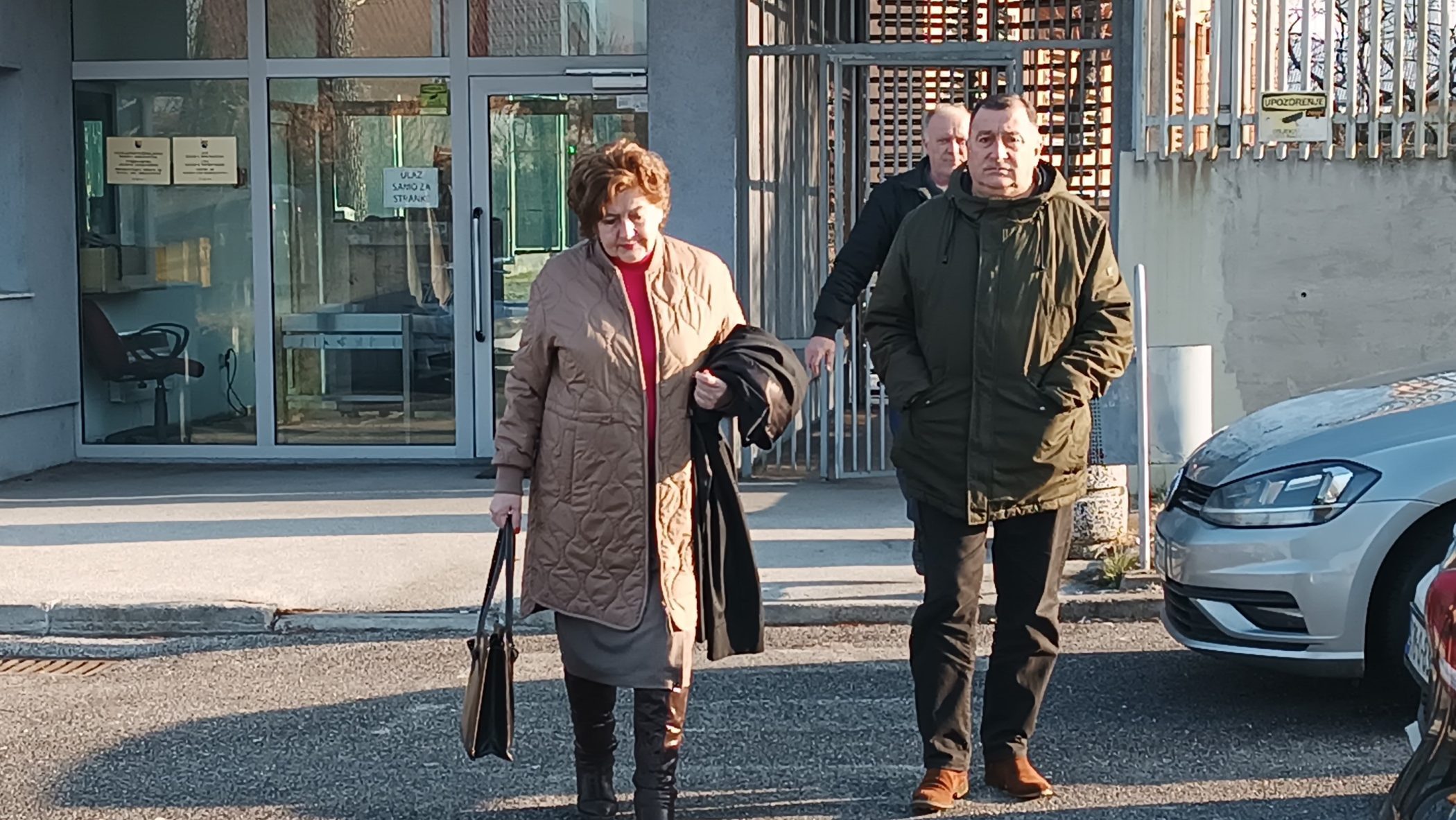This post is also available in: Bosnian
The Defence of Ivica Vrdoljak explained its first-instance verdict appeal before the Appellate Chamber of the State Court. Following this verdict Vrdoljak was sentenced to five years’ imprisonment.
The Defence asked the Trial Chamber to revise the first-instance verdict and release Vrdoljak, or revoke the verdict and order a retrial.
The State Prosecution responded by calling on the Court to reject the Defence’s motion and confirm the first-instance verdict.
Ivica Vrdoljak, a former member of the 103rd Derventa Brigade of the Croatian Defence Council, HVO, is charged by the State Prosecution with having participated in the abuse of Serb prisoners in “Silos” building in Polje village, Derventa Municipality, and in the “Beograd” store warehouse in Tulek settlement, in Bosanski Brod, in the course of June and July 1992.
Defence attorney Kresimir Zubak said the appeal had been filed due to “violations of the criminal proceedings, wrongly determined facts and incorrect application of the criminal code”.
“We tried to prove that Vrdoljak was severely wounded and that he was not present in the Derventa area in the mentioned period of time,” Zubak said.
Zubak also pointed to discrepancies between statements given by some witnesses prior to the trial and at the trial. He explained that the first-instance Chamber did not accept the Defence evidence, including notes containing witnesses’ statements given before the District Court in Doboj and the investigating judge in Derventa prior to the main trial.
The Defence attorney said that this “was a totally wrong decision”.
In its response to the appeal the State Prosecution mentioned that “those statements had been given prior to the passage of the Law on Criminal Proceedings of Bosnia and Herzegovina and, therefore, they are unlawful”. The Criminal Code of Bosnia and Herzegovina was adopted in March 2003.
Explaining his allegations pertaining to wrongly determined facts, Zubak said that Vrdoljak had been severely wounded, adding that it was questionable whether he could use the injured hand in the period of time mentioned in the indictment. The Defence presented written evidence on his wounding, doctors’ statements and disability records.
“The Court failed to trust these pieces of evidence. Vrdoljak’s state after his wounding was wrongly assessed. The verdict alleges that no Defence witnesses were present when he was wounded, but this is not true,” Zubak said.
The Appellate Chamber will render its decision concerning the appeal at a later stage.



